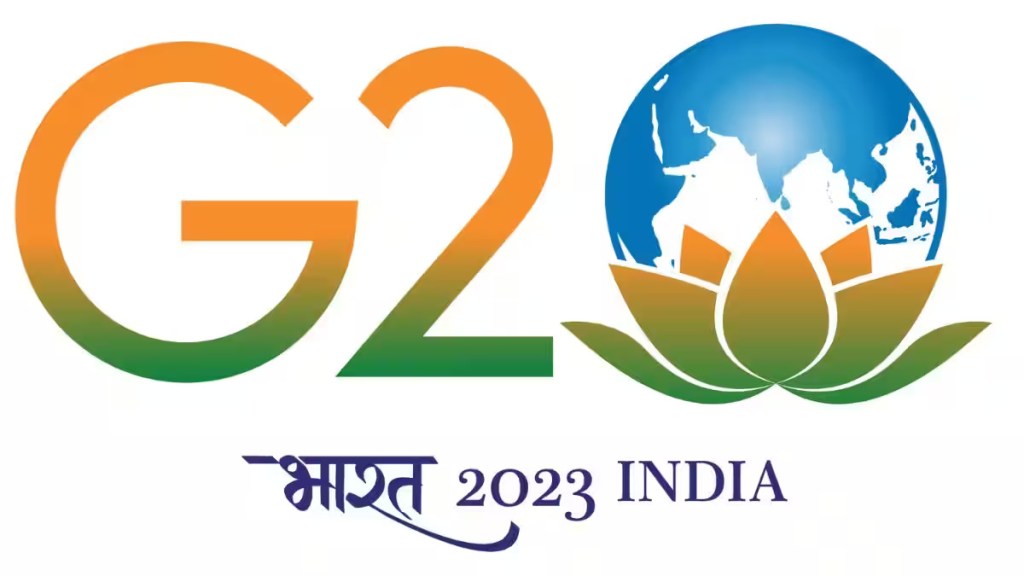By Puneet Chhatwal
The tourism sector is a key growth driver globally, contributing immensely to global GDP and employment. Recognising the potential of the sector, India, holding the G20 presidency this year, has facilitated four G20 tourism working group meetings. The meetings served as an important forum for sharing best practices and developing policies to promote sustainable and inclusive tourism growth.
The meetings identified key strategic initiatives in alignment with the United Nations Sustainable Development Goals which have the potential to reshape the Indian tourism landscape. These themes included green tourism, digitalisation, destination management, skilling, and MSMEs. Through these initiatives, the G20 Tourism Working Group meetings aim to strengthen economic growth, preserve cultural heritage, and promote sustainable development of the regions.
India walks the talk
India is now being considered one of the fastest-emerging tourism destinations in the world with its growing economic stature, unique geographical diversity and rich cultural heritage. The sector holds significant potential for development in the coming years. Prime minister Narendra Modi, at the recently held G20 Summit on Tourism in Goa, reiterated the sector’s “great potential for employment generation, social inclusion, and economic progress”.
India is leading with clear demonstrable actions on each of the strategic themes emerging from the G20 tourism meetings. For instance, the destination-centric approach outlined in the Union Budget talks about bringing together multiple power centres of governance in promoting 50 new destinations as tourism centers of the future. Examples include locations like Kashi, Kedarnath, and the Statue of Unity, which show how this unified approach and coming together of different arms of the government led to a huge boost in the number of tourists visiting these locations.
Another theme of focus is digitalisation, which is transforming both India and Indian tourism. The sector is leveraging digital technologies, AR/VR, and artificial intelligence to provide more personalised, immersive, and interactive experiences. Effective deployment of AR and VR can help travellers explore destinations before they even arrive, providing virtual tours and simulations of famous landmarks, historical sites, and cultural experiences. AI-powered chatbots and digital assistants can help travellers plan their trips, recommend personalised activities, and offer real-time assistance while traveling. The emerging technology will also be a key to help the sector keep a tab on its carbon footprint, its sustainability and the dangers of over-tourism.
Multiplicative impact
The increasing influence of the sector on economic growth comes not only from its ability to generate local revenue and business but because it also provides significant skilled employment opportunities across the ecosystem, something that is well established. The World Travel & Tourism Council’s (WTTC) latest Economic Impact Research Report says the sector is forecast to create over 1.6 million new jobs this year with around one in 13 workers in India employed in the travel and tourism industry. As per WTTC’s estimates, over 20% of all new jobs created globally in tourism in the next decade will come from India and this is testament to the immense potential of the sector. In the hotel industry alone, the potential for job creation is significant and translates to 10 jobs for every room, both direct and indirect. The hotel sector also employs a large number of low skilled workers, giving a boost to local economies. Given the relative under-penetration of branded room inventory in the country, as supply increases, there will be a large requirement for a skilled workforce to be absorbed. Recognising the urgent need, the government and private players have set in motion skilling initiatives to prepare for the future.
Fostering inclusive growth
Tourism has wide-ranging implications for the economy. Some of them may be seen only subtly. As an economic activity, it creates an ecosystem which supports inclusive growth, be it hiring local youth, encouraging participation of women, or promoting local arts, culture, and cuisine. Leveraging the supply chain, the industry can provide business opportunities to small and medium enterprises, thereby enabling local livelihoods.
The sector presents a multi-pronged development opportunity, enabling both employment generation and infrastructure development. In this way, a sustainable pathway is created for our citizens.
Puneet Chhatwal, President, Hotel Association of India (HAI) and chairman, Tourism Committee, CII. Views are personal.


